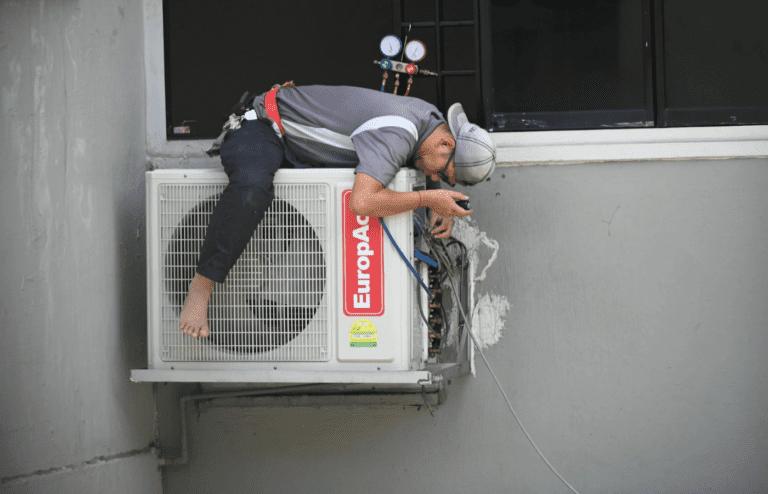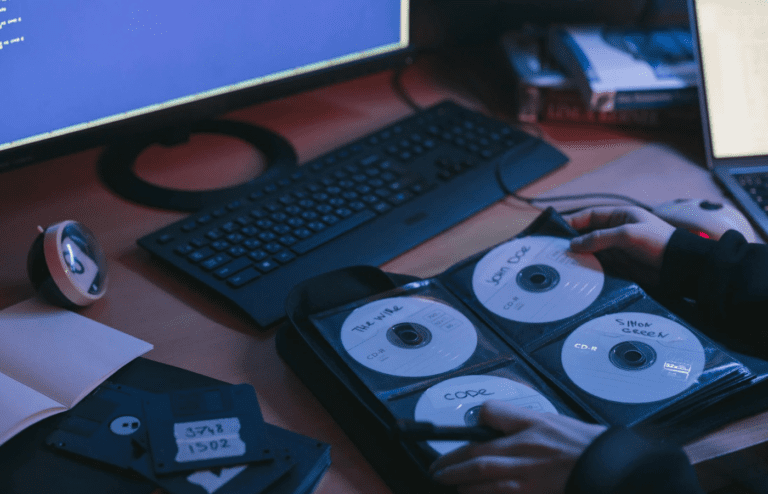In today’s demanding work environment, burnout is an all-too-common challenge that affects just about everyone. Managing stress and maintaining a healthy work-life balance is essential for our health and happiness.
Here are ten effective strategies that can help you combat burnout and foster a more balanced and supportive workplace.
10. Utilize Stress-Reduction Techniques

Incorporate stress-reduction techniques into your daily routine to combat workload burnout. Practice mindfulness meditation, deep breathing exercises, or progressive muscle relaxation. These methods can help lower stress levels, improve focus, and enhance overall well-being. Even short breaks for relaxation can significantly impact your ability to manage work-related stress.
9. Develop a Sustainable Work-Life Balance

Prioritize work-life balance by setting clear boundaries between work and personal time. Embrace flexibility, create consistent routines, and limit work hours to avoid overextension. Pursue hobbies and non-work activities to refresh your mind. Regularly reassess and adjust your balance strategies as your personal and professional life evolves.
8. Communicate Openly with Supervisors About Workload

Schedule a private meeting with your supervisor to discuss your workload concerns. Be specific about challenges you’re facing and provide examples of how burnout is impacting your performance. Come prepared with potential solutions, such as task prioritization or deadline adjustments. Open communication can lead to collaborative problem-solving and a more manageable workload.
7. Engage in Regular Self-Care Activities

Prioritize self-care to recharge and prevent burnout. Incorporate activities like meditation, exercise, or hobbies into your routine. Take short breaks during work hours to stretch or practice deep breathing. Ensure adequate sleep and maintain a healthy diet. Regular self-care boosts resilience and productivity, helping you manage stress effectively.
6. Cultivate a Supportive Work Environment

Foster a culture of open communication and mutual support. Encourage team members to share their challenges and offer assistance. Implement peer support programs and regular check-ins. A supportive environment reduces stress, increases job satisfaction, and helps prevent burnout by creating a sense of belonging and shared responsibility.
5. Delegate Tasks When Possible

Effective delegation is crucial for managing workload and preventing burnout. Identify tasks that can be assigned to team members, considering their skills and development goals. Clearly communicate expectations, provide necessary resources, and offer support. Regular check-ins ensure progress and allow for timely feedback, fostering a collaborative environment while reducing your personal workload.
4. Practice Effective Time Management Techniques

Implement proven time management strategies like the Pomodoro Technique or time blocking to boost productivity and reduce stress. Prioritize tasks using methods like the Eisenhower Matrix, focusing on important and urgent work first. Utilize digital tools to track time spent on activities and identify areas for improvement in your workflow
3. Take Regular Breaks Throughout the Day

Incorporate short, frequent breaks into your workday to recharge and maintain productivity. Research shows that taking breaks every 25-30 minutes can boost focus and creativity. Step away from your desk, stretch, or practice deep breathing exercises. Even brief pauses can significantly reduce stress and prevent burnout.
Read More: 15 Awful Behaviors That Prove Your Boss Shouldn’t Be In Charge
2. Prioritize Tasks and Learn to Say No

Create a task priority list to balance your workload effectively. Focus on urgent and important tasks first, while learning to politely decline non-essential requests. Use time management techniques like the Eisenhower Matrix to categorize tasks. Remember, saying “no” to low-priority items allows you to say “yes” to what truly matters.
Read More: How Effective Leaders Welcome New Employees
1. Set Clear Boundaries Between Work and Personal Life

Establish firm work hours and stick to them. Create a dedicated workspace at home to mentally separate professional and personal life. Use apps to block work-related notifications after hours. Communicate your availability clearly to colleagues and clients. Prioritize personal time for relaxation and hobbies to recharge.
Read More: Are You a Workaholic? Here are 15 Surefire Signs








